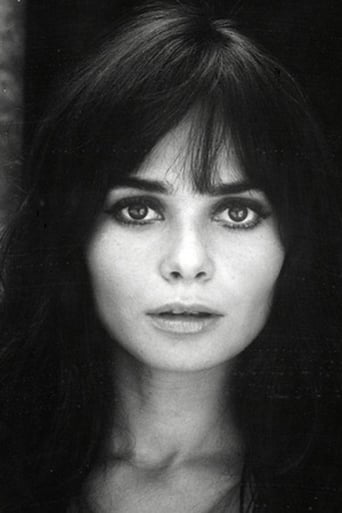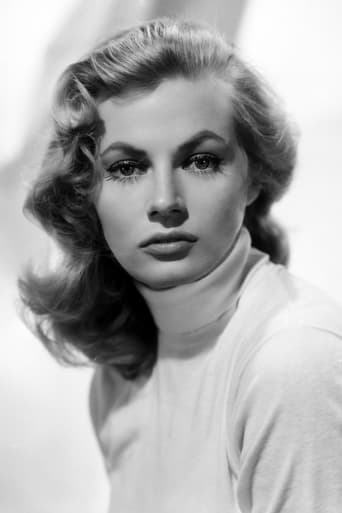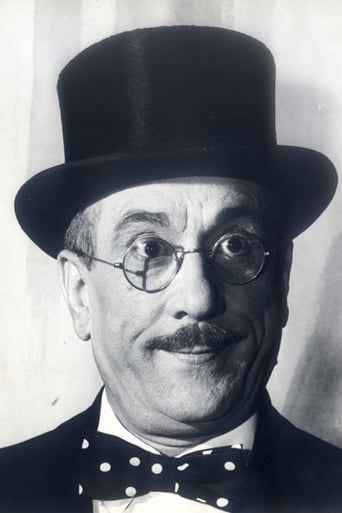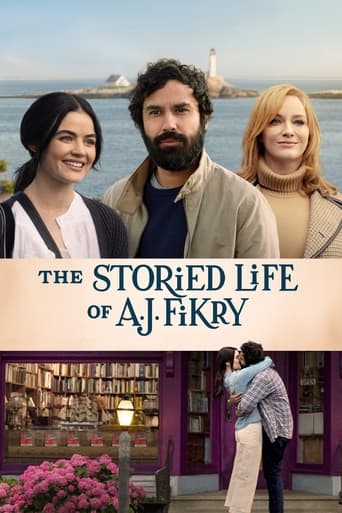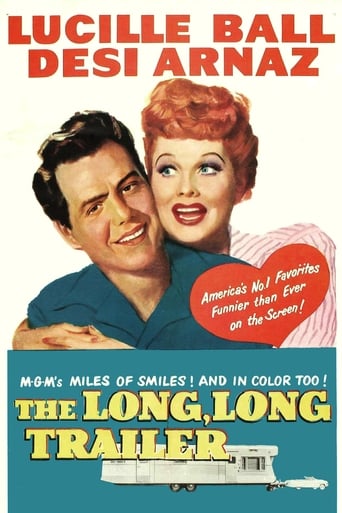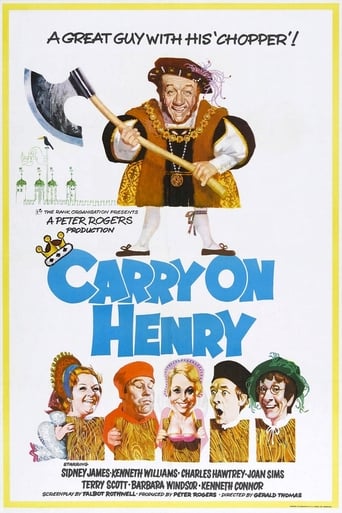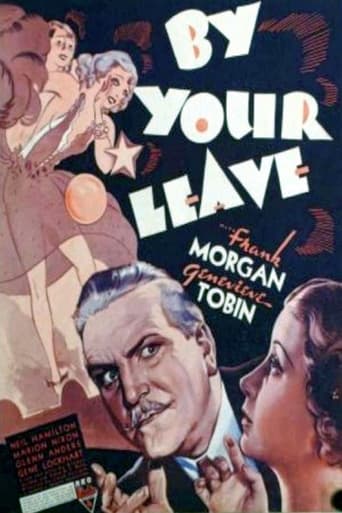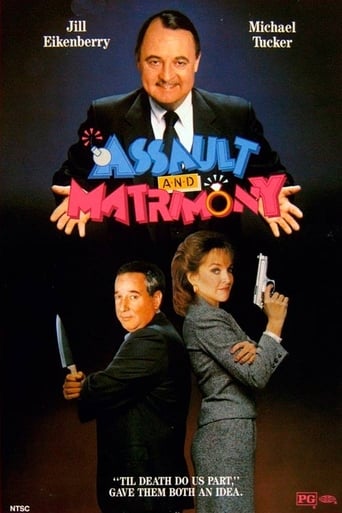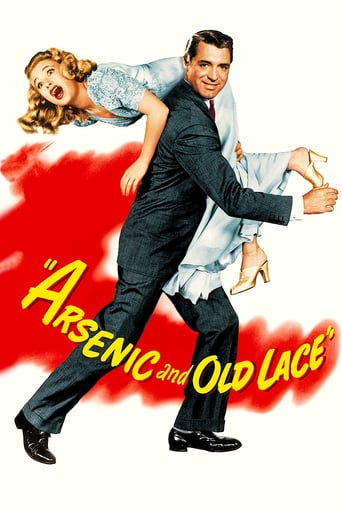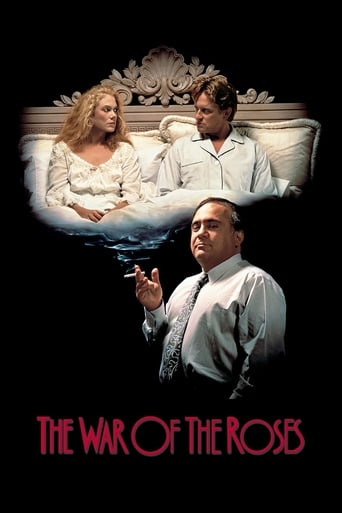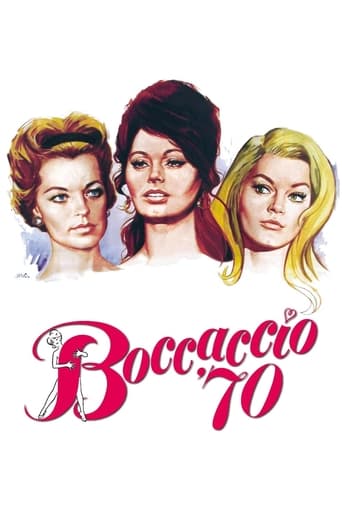
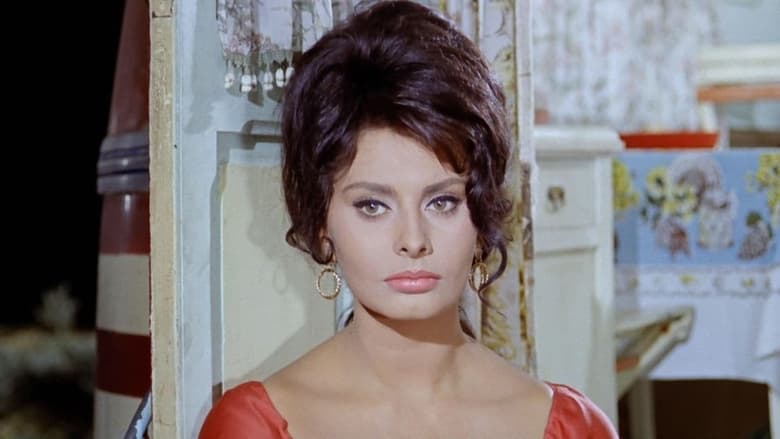
Boccaccio '70 (1962)
An anthology of four comic moral tales about the hypocrisies surrounding sex in 1960s Italy: frothy young love and office politics in the big city; milk advertisements that begin to haunt an aging prude; a trophy wife enduring her husband's very public affairs; a lucky ticket-holder at a small town fair.
Watch Trailer
Cast
Similar titles
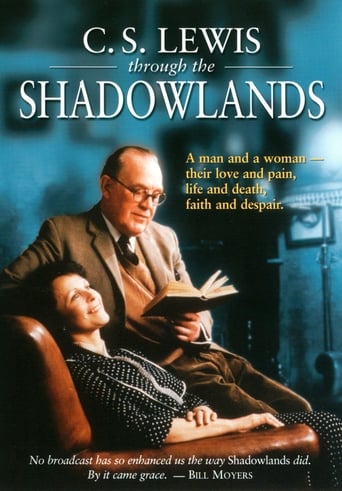
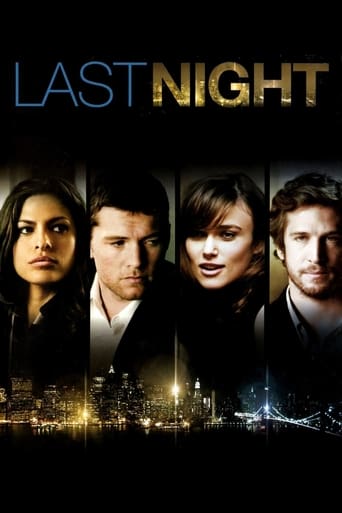
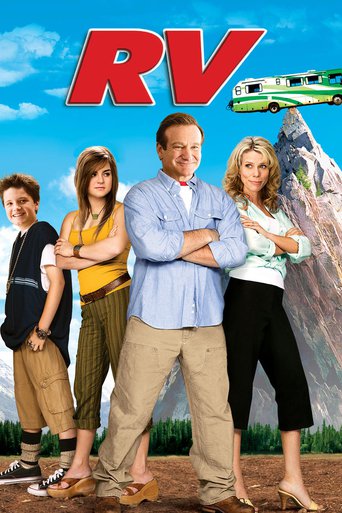
Reviews
This film is so real. It treats its characters with so much care and sensitivity.
It is a whirlwind of delight --- attractive actors, stunning couture, spectacular sets and outrageous parties.
Actress is magnificent and exudes a hypnotic screen presence in this affecting drama.
It is a whirlwind of delight --- attractive actors, stunning couture, spectacular sets and outrageous parties. It's a feast for the eyes. But what really makes this dramedy work is the acting.
My main attraction to Boccaccio 70 was that one of the four segments was directed by Federico Fellini(the others being Mario Monicelli, Luchino Visconti and Vittorio De Sica), whose work I have always admired. Getting the remastered version, I was expecting good, even great things, though I was prepared for some elements not being as good as others. And I found Boccaccio 70 to be interesting indeed. Sure it is uneven, but I could clearly see that a lot of work went into all the segments.Monicelli's Renzo E Luciana was intriguing. The love story is simple and very cute, and it is all delicately funny and charming with a touch of endearing sweetness. The two leads acquit themselves very well, Marisa Solinas is simply gorgeous, while it is beautifully filmed also. The story itself is rather slight though, with a couple of scenes that feel a little too long and not as tight in pace. It doesn't feel really all that rounded off either. However it is charming and cute and I'd definitely see it again.Fellini's Le Tentazioni del Dottor Antonio is my personal favourite of the four segments. It has Fellini's style all over it, it does feel personal and nostalgic, and he directs superbly. The pace is slowly deliberate but never feels dull. The settings and photography are stunning. I also loved it for how funny and surreal it was, the Milk song is very catchy stuff indeed, the various characters have certain quirks and charms that do make them likable in alternative to detached and Anita Ekberg is a sheer delight by her body alone. The music is bright and cheerful also.Visconti's Il Lavoro is perhaps my least favourite. That is not to say it isn't good, it definitely is, however I did find the pace sluggish and some of the dialogue dull and too talky. However, it is very touching on the whole and emotionally is the most complex of the four segments. It looks beautiful too, with skillful photography(love the close-up(s) of Schneider's eyes) and striking settings. The music is sensitively composed and orchestrated and doesn't feel overbearing in any way. What really elevates Il Lavoro though is the performance of Romy Schneider, sexy and very expressive, I identified with her completely, even if it was not quite the same with the rest of the cast.De Sica's Il Riffa is second best to Fellini's segment. As with the other three segments, it is beautifully shot and scored, De Sica directs with a firm yet involved hand, and of the four it is the most exciting. It is most memorable though for the performance of Sophia Loren. This is not just for Loren's sexiness, and she is very alluring here, but the fact that she plays a very strong-willed woman while managing to evoke some poignancy. I was also genuinely moved by the final encounter between her and the sacristan, who is just as endearingly performed.Overall, visually stunning with great lead performances(especially Loren), four great Italian directors doing solid to outstanding jobs on each segment and with generally interesting characters and stories. It is uneven, with Visconti's having many things to admire but somewhat wanting and Fellini's outstanding and possibly some of his best work, but none of them are unwatchable or anything. Well worth a watch. 7/10 Bethany Cox
Specifically for film lovers,like myself, who only ever got to watch this collection (minus the first segment) on late-late night commercial TV- run out and get a copy of this remastered version. To watch this as it was originally intended- the work of some of Italy's finest directors- is a joy. As for which segment is the best... it's hard to say...Fellini's segment is better than I remembered it...and who could ever forget Anita Ekberg...in truth I have a fondness for all these Italian films I saw in my youth that makes objectivity hard.P.S.: Of course, the same must be said for Yesterday, Today and Tomorrow-also reissued- I nearly cried at how good the print was.
The idea behind "Boccacio '70" was to update some of the stories in Boccacio's Decameron into short segments directed by some of the top Italian directors, showcasing four actresses at the center of each story. The end result was not as interesting as the concept behind the idea. Thus, the resulting stories are not what could have been expected of directors like Federico Fellini, Vittorio DeSica, Luchino Visconti and Mario Monicelli.The first story "Luciana e Renzo" is directed by Mario Monicelli. Some of the contributors to the screen play included Italo Calvino, one of Italy's best writers. The story is simple. Luciana, a young woman working in the accounting department of a large firm, is going to get married to Renzo, who also happens to work for the company. The only problem is no marriage between employees is allowed.The film follows them as they use their lunch time to go to a remote church and get married. The newlyweds must share her parent's small apartment. The head of the department, who obviously likes the lovely Luciana, decides to hit on her when he sees her at a public swimming pool. Things go from bad to worse until the boss finds Luciana embracing Renzo. An idea comes to Luciana's mind: If they both get fired, the separation bonus will let them put a down payment for an apartment of their own.Beautiful Marisa Solinas is Luciana and Germano Gilioli plays Renzo.The next story, "Le tentazioni del dottor Antonio" was conceived by Federico Fellini, who also wrote the screen play with Tullio Pinelli, a frequent collaborator, and others. The story is about Antonio a prudish man who is shocked when an enormous advertising ad is erected in a space facing his apartment. In it, a blown up figure of the actress Anita Ekberg is shown in a suggestive pose holding a glass of milk.No matter what Dr. Antonio does, he is unable to get a friendly ear to help his cause. He becomes so obsessed that one day the gigantic figure in the billboard comes to haunt him. Anita Ekberg, towers over him and teases him mercilessly. What to do? In spite of his protestations Dr. Antonio, who perhaps has not seen a woman this close in his life, is rendered impotent to do anything against a goddess like Anita Ekberg.The great Peppino DiFilippo appears as Dr. Antonio and the real Anita Ekberg, who made a splash in Fellini's "La Dolce Vita" (no pun intended), have some fine moments in the movie.The third story "Il Lavoro", directed by Luchino Visconti, presents us with Conte Ottavio, an impoverished nobleman married to the rich Pupe, the daughter of an extremely rich man. Ottavio, who has been surprised by paparazzi with a high class prostitute, has been shown in all of the tabloids in compromising positions. Pupe, who at the start of the film seems to be missing, appears in her own room. She obviously loves the lecherous husband and has made up her mind to begin earning her own living in a regular job. Ottavio, who pleads with her not to do it, realizes his financial dependence on Pupe will suffer. Pupe demands the same kind of payment he made to the call girl. At the end, we see as Ottavio is writing a check as he comes over to Pupe.The fabulous Romy Schneider was excellent as Pupe and Tomas Millian makes a great appearance.The last story, "La riffa", directed by Vittorio DeSica and written by Cesare Zavattini, takes us to a small town where Zoe, a beautiful woman who has a shooting gallery in a carnival must make ends meet. Her sister, who is having a baby, needs money that she doesn't have, so she ideates a raffle in which she will be the prize. Needless to say, all the men in town buy all the chances. The meek sacristan is the winner, but when he comes to claim his prize, Gaetano, who is secretly in love with Zoe, will not let the sacristan get the lovely Zoe.Sophia Loren is marvelous as the tart-tongued Zoe. She had worked with Mr. DeSica before and she gives a wonderful reading. Luigi Giuliani is Gaetano and Alfio Vita plays the sacristan."Boccacio '70", the film, and the writer Boccacio showed they were ahead of its times in presenting strong women taking charge of their destinies.
Words are not enough for this wonderful quadruple satire. Yes, in the beginning there were FOUR, but the Mario Monicelli story got cut to economize on time. It is the least funny but very compelling tale of two newlyweds finding no space or time to be alone together. A beautiful story.On the DVD distributed by the Dutch label Homescreen all 4 stories are included. Very odd though, it is a widescreen version, but from the top & bottom there are layers missing. So all the players standing up, get there heads chopped of. Astonishing, and very irritating. The sound every now and then echos, which is bad too. And the only subtitles available are in Dutch...But to see these wonderful tales again, of Fellini, Visconti, De Sica & Monicelli, and to see Romy Schneider, Sophia Loren & Anita Ekberg play so majestically, might be well worth it to forget about the technical problems of this DVD. And let's simply hope CRITERION can obtain the rights shortly, for they will surely do this fourfold little miracle justice...
